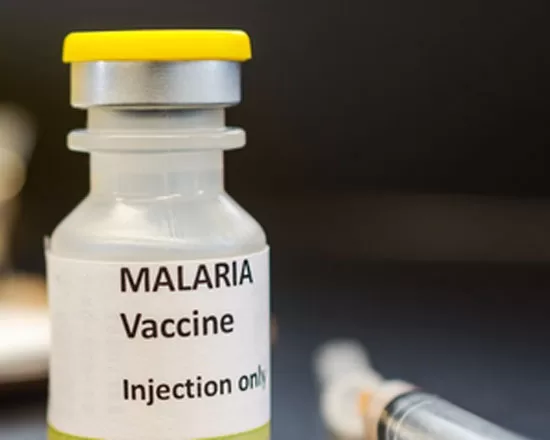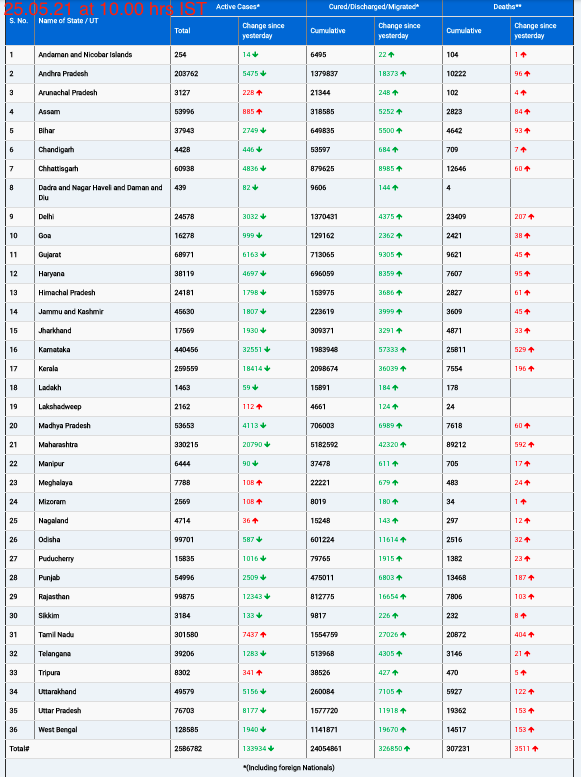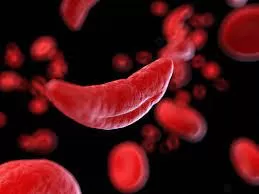Oxford, U.K. – A new malaria vaccine candidate, RH5.1/Matrix-M™, has shown to be well-tolerated and highly effective in protecting against the blood-stage of malaria, according to the results of a clinical trial. This marks the first inoculation to offer such protection, bringing hope for combating one of the leading causes of death in children under five in many parts of Africa.
Malaria, caused by Plasmodium falciparum parasites, infects red blood cells, leading to symptoms such as fever and chills, and severe complications like anemia and organ failure. The clinical trial, led by scientists at the University of Oxford in collaboration with various international partners, tested the safety and efficacy of the RH5.1/Matrix-M™ vaccine in children aged 5 to 17 months in Nanoro, Burkina Faso.
Key Findings:
- More than 360 children were enrolled in the study and divided into two groups: one received three doses of the RH5.1/Matrix-M™ vaccine, and the other received a rabies vaccine as a control.
- The vaccine was well tolerated, with no significant safety concerns reported.
- Children who received the vaccine developed high levels of antibodies against the parasite, with those receiving doses at 0, 1, and 5 months achieving 55% effectiveness in preventing clinical malaria over a 6-month period.
- The vaccine demonstrated more than 80% efficacy against high levels of malaria parasites, suggesting it could prevent severe cases of the disease in children.
“Our goal, by targeting the blood-stage of the disease with this vaccine, is to significantly reduce the number of severe cases and deaths,” said Professor Angela Minassian, who leads the clinical blood-stage malaria vaccine program at the University of Oxford. “Adding RH5.1/Matrix-M™ to the currently licensed vaccines should provide a vital second line of defense, achieving even higher levels of protection.”
Professor Halidou Tinto, Regional Director of the Institut de Recherche en Sciences de la Santé (IRSS) in Burkina Faso, highlighted the importance of the vaccine in protecting children’s growth and development. “This trial has shown that RH5.1/Matrix-M™ is safe and well-tolerated, and the results open the door for a combined-vaccine approach with higher efficacy in the near future,” he said.
Professor Simon Draper, inventor of the RH5.1/Matrix-M™ vaccine, described the development of an effective blood-stage malaria vaccine as a major milestone. “We now have the exciting opportunity to test the new RH5.1 blood-stage vaccine in combination with the approved liver-stage vaccines, aiming to develop a second-generation product offering very high-level efficacy against malaria in young African children,” he said.
This double-blind, randomized, controlled phase 2b trial utilized Novavax’s saponin-based Matrix-M adjuvant to enhance the immune response and increase the magnitude and durability of the antibody response.
For more detailed information, read the original study: Hamtandi M Natama et al., Safety and efficacy of the blood-stage malaria vaccine RH5.1/Matrix-M™ in Burkina Faso: interim results of a double-blind, randomized, controlled, phase 2b trial in children, The Lancet Infectious Diseases (2024). DOI: 10.1016/S1473-3099(24)00752-7.
Journal information: Lancet Infectious Diseases.












